The DEC’s Ukraine Humanitarian Appeal, which launched on 3 March 2022 following the escalation of the conflict in Ukraine and the huge movement of people seeking safety within the country and across its borders, has raised over £400 million in under a year.
This huge amount, with donations from community groups, companies, foundations and above all millions of individual donors from the UK public, makes the DEC the biggest charity donor to the Ukraine humanitarian response in the world, according to UN OCHA’s Financial Tracking Service.
This comprehensive report tells the story of what happened next: how the crisis has unfolded and how DEC charities have helped people at each stage, adapting to changing needs and overcoming huge challenges.
Included are figures for how the first tranche of the appeal funds - £85 million - were spent by 13 DEC member charities in the initial six months. Almost 60% was spent in Ukraine, the rest in Romania (17%), Poland, (16%) Moldova (4%), Hungary (2%) and on regional initiatives (2%). Almost half of aid expenditure (47%) was on direct cash payments to aid recipients, followed by food and health support.
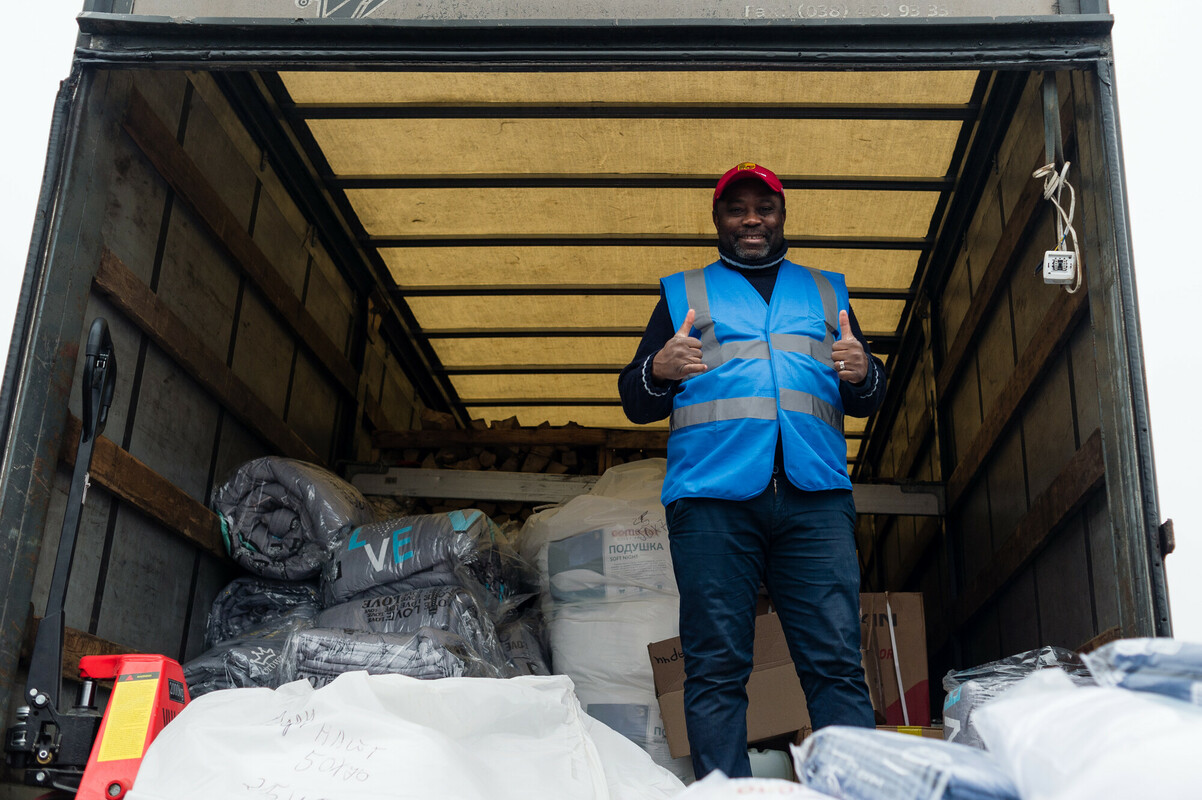
The report details how appeal funds have been fast and flexible, enabling DEC charities and a network of trusted local partners to adapt quickly to support those most needing help in an everchanging environment. It also sets out how these funds have had a multiplier effect, empowering local people and strengthening partner organisations.
In the first seven days of the conflict, the world saw more than one million people flee Ukraine, with 3.6 million leaving the country in the first month – the largest movement of people in Europe since the Second World War. Mostly women and children, they arrived often cold, traumatised and with nowhere to go.
DEC charities helped with the most pressing needs of food, warm clothes and basic items such as toothbrushes and nappies at border crossings and reception centres, and sorted out temporary and longer-term accommodation. Later, cash payments allowed refugees to choose to buy what they needed.
DEC charities and their partners have also contributed to preventing large-scale exploitation of vulnerable groups throughout the crisis by providing protection services, supporting the tracking and registration of new arrivals and referring people for further support.
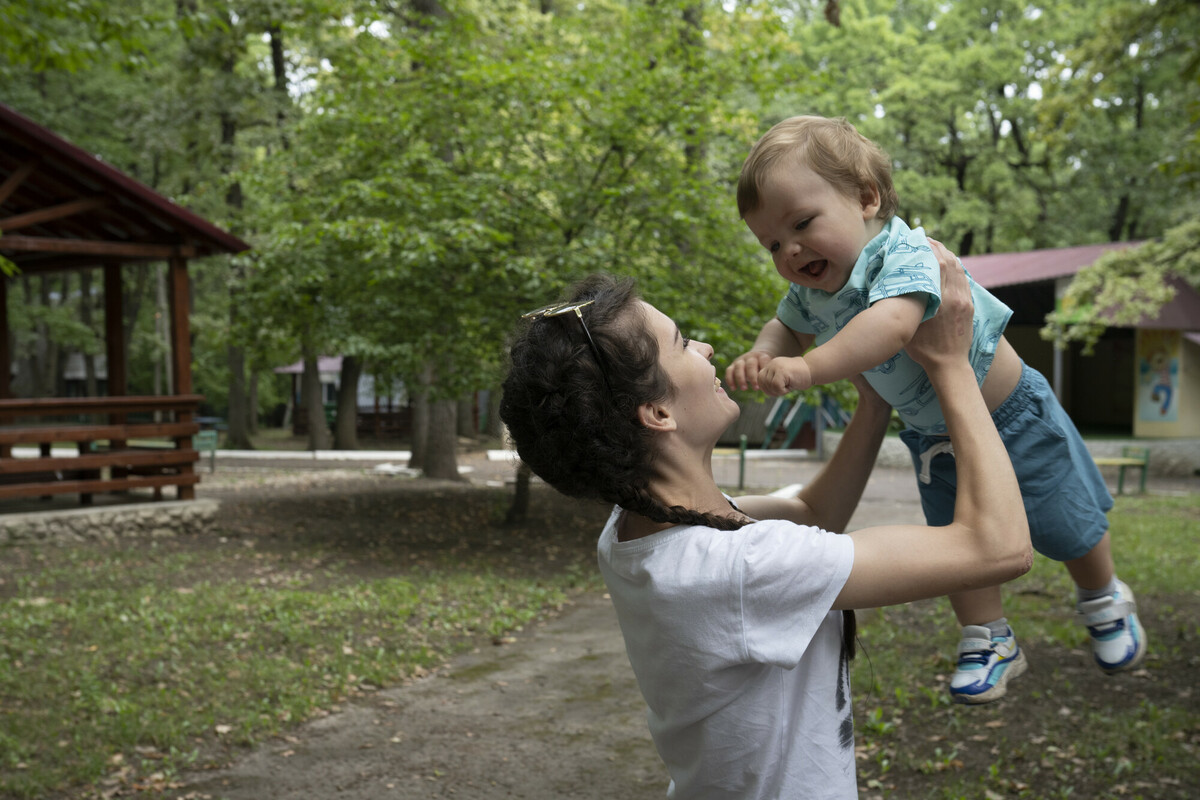
Back in Ukraine, as shelling and rocket attacks continued, civilian casualties filled hospitals already under pressure after the Covid pandemic. Medical facilities – most notably the maternity hospital in Mariupol – were hit, putting even more pressure on health services.
In the first six months, DEC funds paid for 75,000 trauma kits for civilians to treat injuries or control bleeding until professional medical attention could be sought.
They also helped the most vulnerable of patients, supplying 34 high-tech incubators to neonatal units. And in one hospital in Vinnytsia, DEC funds were used to retrofit the basement to create four new safe, underground treatment spaces for patients to avoid the interruption of care due to air raids.
Primary care and mobile units were another big focus for support, helping provide healthcare services to a total of 70,800 people.
In cities under artillery and rocket fire, many of those who could not flee were forced to live in underground shelters and metro stations. In towns and villages, as local economies ground to a halt, obtaining food and other essentials became difficult.
Local aid workers and volunteers organised ways to get aid to people in very challenging conditions, and DEC funding continues to boost their efforts and allow them to reach many more people.
For example, one group organised minibuses to deliver supplies but when fuel ran out they pivoted to recruit a team of volunteer cycle couriers. Other DEC charities helped with soup kitchens, and electronic cash payments so people could buy what they needed and support local markets.
At least 6.5 million people have left their homes to seek safety elsewhere within Ukraine, leaving behind jobs, homes, possessions and loved ones. DEC charities used funds for cash grants to help set up and support ‘collective centres’ providing shared accommodation and food parcels, cooked meals and kitchen utensils.
Certain groups were more vulnerable – women and children, older people, those with disabilities, ethnic minorities and the LGBTQ+ community. DEC funds have been used to keep people safe, including through a child protection project in Moldova creating a database to track unaccompanied children and enhance an existing tool for border police; as well as an anti-trafficking protection model in Romania.
DEC charities and their partners also worked to ensure that, even in the midst of the crisis, dignity was preserved: targeted goods such as incontinence pads, incontinence bedsheets and cleaning materials, and specialist beds and hoists made life far easier for older people living in shared accommodation.
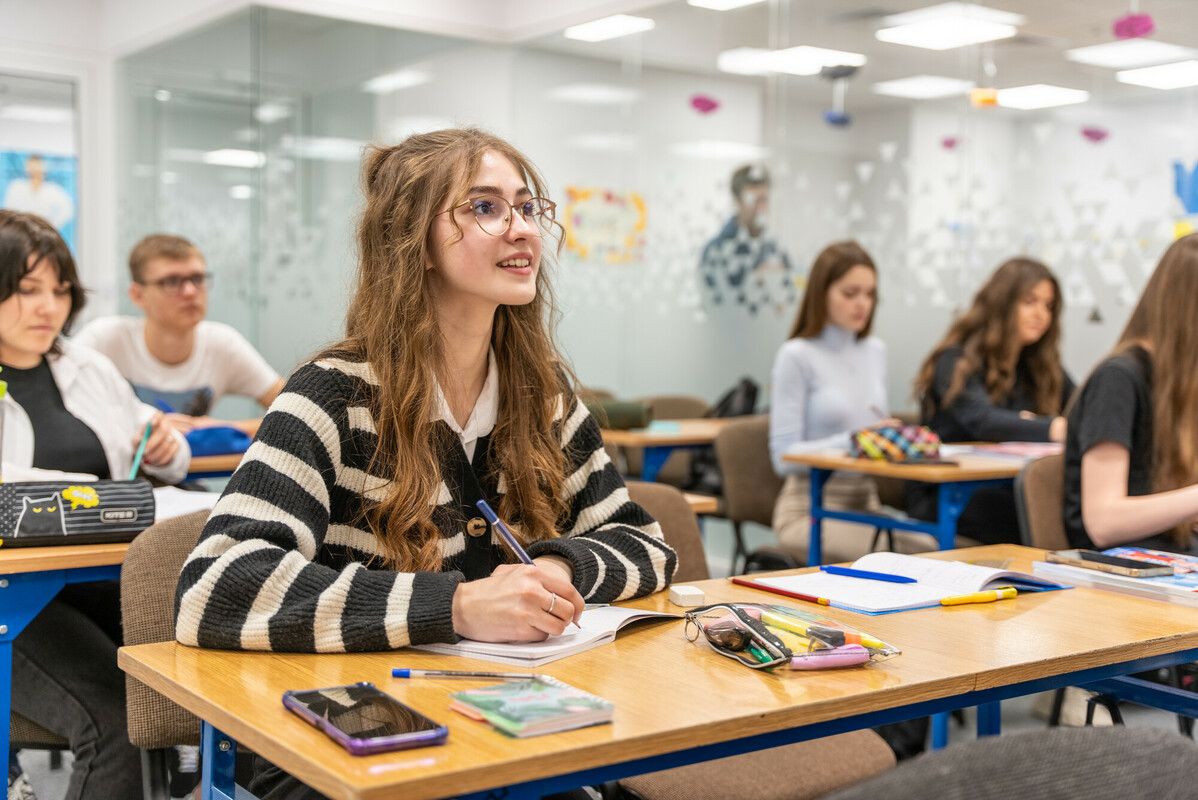
Some refugees returned to Ukraine in the early months, but as time went on and the conflict continued, it became clear to most that any hopes of returning home were premature. In the summer, with the new school year approaching, there was a turning point as a new set of needs became apparent. Parents in host countries became concerned about their children’s education, about finding work and learning local languages.
Within weeks of the start of the conflict, Unbreakable Ukraine Foundation set up three specialist schools for Ukrainian children in Poland. The project, which received DEC funding, gives 2,250 children vital primary and secondary education in their own language, and offers jobs to refugee teachers.
DEC charities have also been supporting adult refugees to learn local languages and find work and long-term accommodation, often being guided in the type of support offered by refugee communities themselves. Many have in turn become volunteers to help others.
Once autumn arrived there was another shift in the crisis. In October a change in strategy led to the bombing of critical infrastructure causing power outages and blackouts, leaving thousands of homes and hospitals without heating, light or even water. More people crossed borders seeking refuge, who were often more vulnerable due to exhausted reserves.
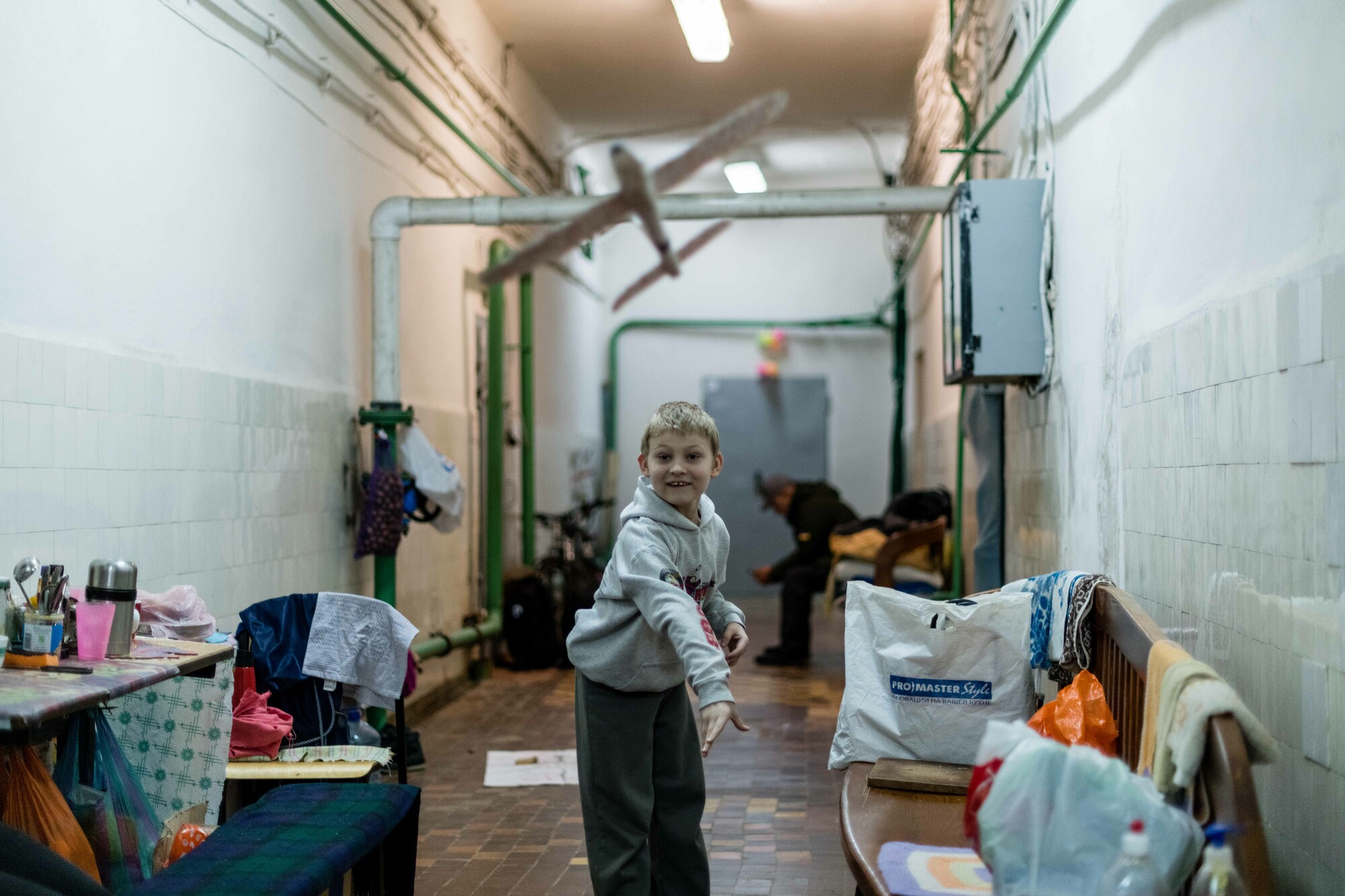
As winter started to bite, with temperatures falling below zero, people were forced to confront even more hardship. DEC funds paid for winterisation kits (including clothes, blankets and fuel), made repairs to homes and shelters, and provided generators and power banks to enable people to heat their homes and keep in touch.
All of this had an enormous impact on people’s mental health, both for those still in Ukraine and those who had endured tortuous journeys to reach safety in neighbouring countries. Aid workers describe a collective national trauma as well as individual emotional distress.
DEC charities and partners provided psychologists to help people whose culture did not typically include talking about their problems, as well as supportive group chats and sessions. Refugee children started drawing flowers again rather than tanks and warplanes.
While the numbers of people helped are instructive, they do not capture all the good the donations to the DEC’s appeal have created. There has been a ‘multiplier effect’ where funds and projects they sparked have enabled a far greater impact, and pioneered approaches that can be replicated in other humanitarian settings.
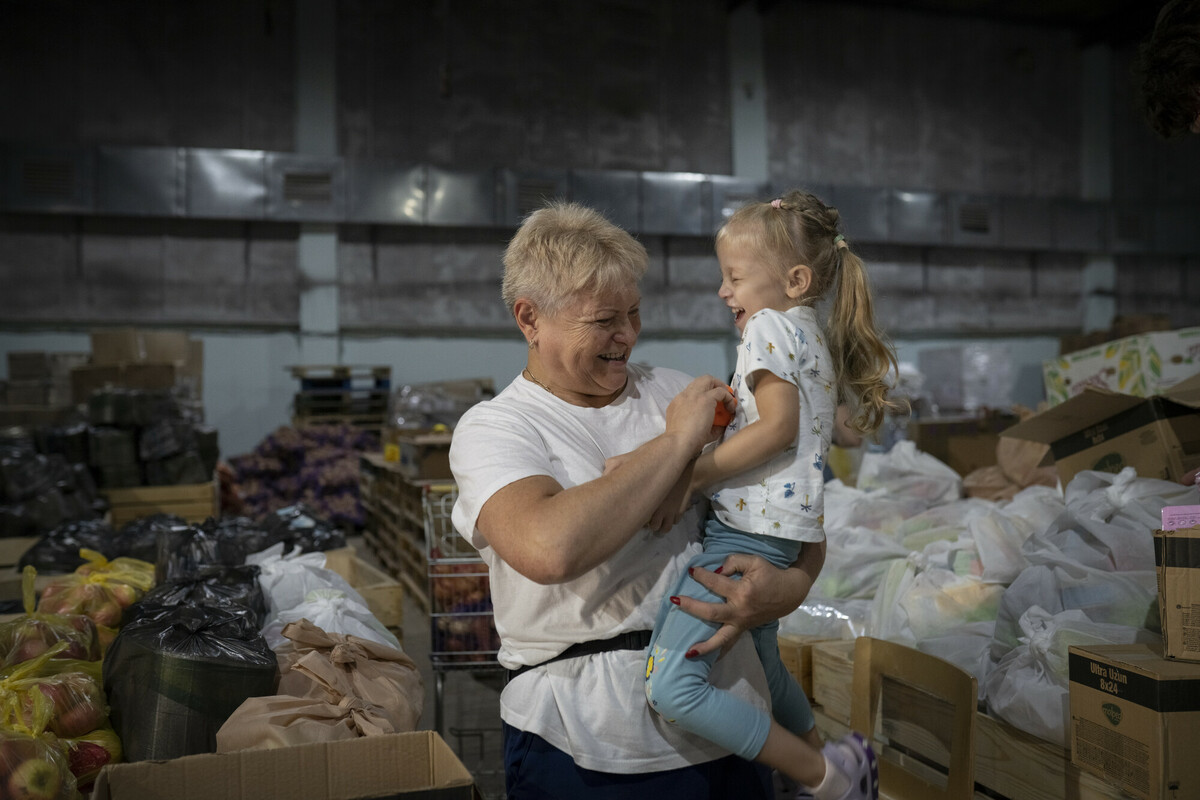
The most difficult question to answer now is what will happen next for the millions of people still affected by this desperate crisis in Ukraine, and their neighbours in Poland, Moldova, Romania and Hungary.
Whatever happens going forward – continued conflict, stalemate or peace – there will be immense, ongoing and changing needs.
In October 2022, 17.7 million people were in need of humanitarian assistance in Ukraine, according to the UN Refugee Agency UNHCR, a number likely to rise further this year as the conflict shows no sign of slowing in its second year.
But in the words of one aid worker: “We are determined to stay and deliver essential humanitarian assistance.”
Thanks to the fantastically generous response of donors across the UK, DEC charities are able to keep supporting people in Ukraine and neighbouring countries over the next two years until February 2025.
Meanwhile, the DEC is still accepting donations to the appeal to allow member charities to continue to bolster and adapt their plans.
The research for this report was conducted between November 2022 and January 2023 using a range of internal and external sources to provide evidence and data. The scale of the response means it is not an exhaustive account of all the assistance delivered, but provides examples of how DEC charities have helped, combined with figures for the number of people assisted in the first six months.
Much of the statistical and factual information came from programmatic data published in the DEC’s Ukraine Humanitarian Appeal six-month programme update which can be read here.
Testimonies have been gathered throughout the year from people benefitting from the work of DEC charities in Ukraine, Moldova, Poland and Romania with accompanying pictures and footage, which bring to life the challenges they have faced, and the difference donations have made to their lives.
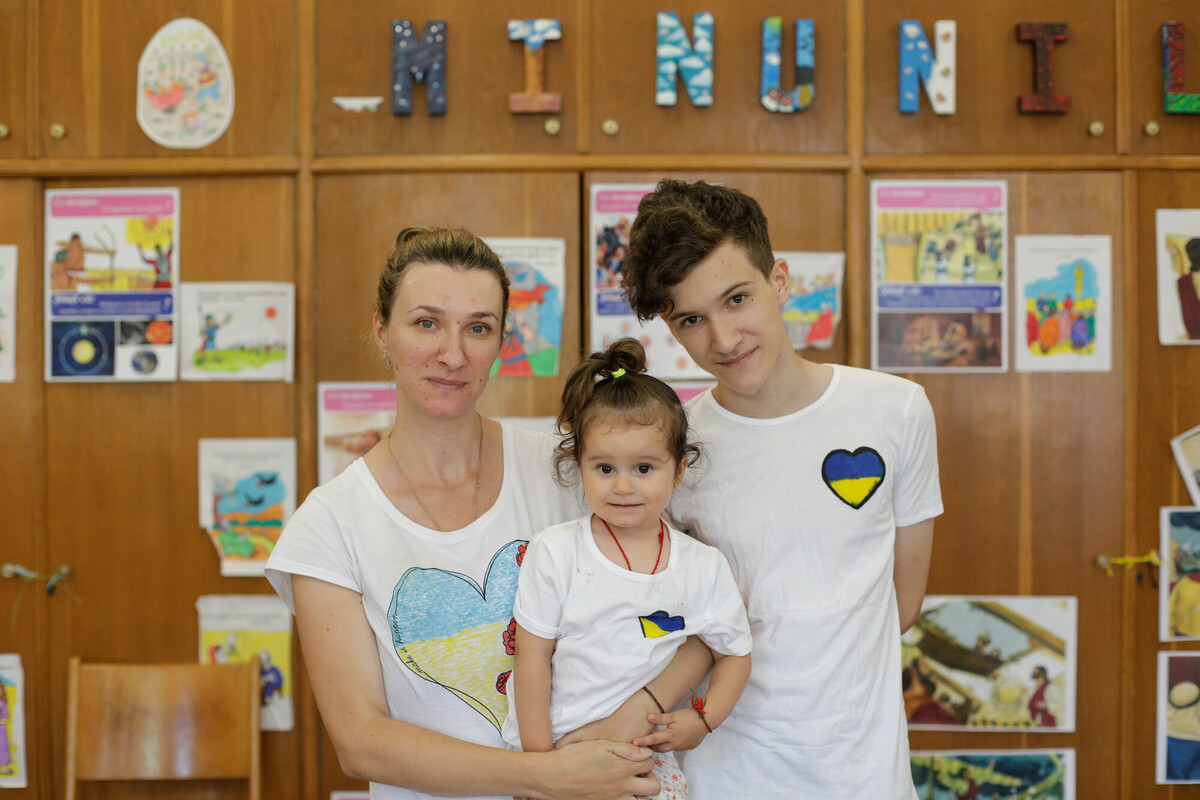
In addition, the DEC carried out 23 detailed interviews with senior aid workers from DEC members and their partners working in-country in Ukraine, Moldova, Poland and Romania to gather personal views and accounts of how the DEC appeal funds had been used. Much of the work funded by the appeal has been carried out by local organisations, meaning interviewees are often referenced by their own organisation and the member charity which funded them.
That many of the names in this report are Ukrainian, Polish, Romanian, Moldovan or Hungarian serves to highlight that local people have been at the heart of the response to this crisis, as is always the case. Many of the interviewees broke down in tears during the sessions, highlighting the emotional toll of their work and their investment in it.
Additional information was gained from an interview with the head of the United Nations Office for the Coordination of Humanitarian Affairs (UNOCHA) Ukraine office in January 2022. The DEC is hugely grateful to all contributors to this report.
Report authors: Barney Guiton, Jacqui Thornton, Lucy Beck and Annie Dare.
Aid worker interviews: Karen Garvin, Jacqui Thornton and Lucy Beck.
Design and build: John Grover and Bob Barker